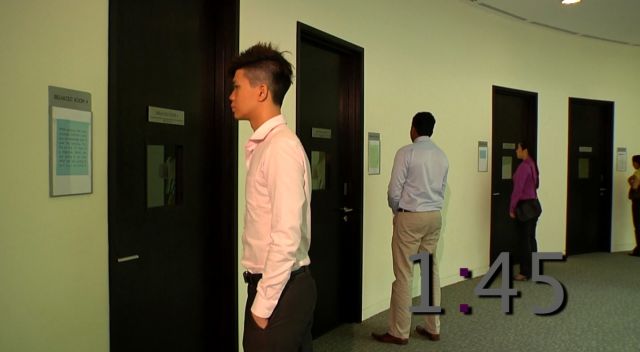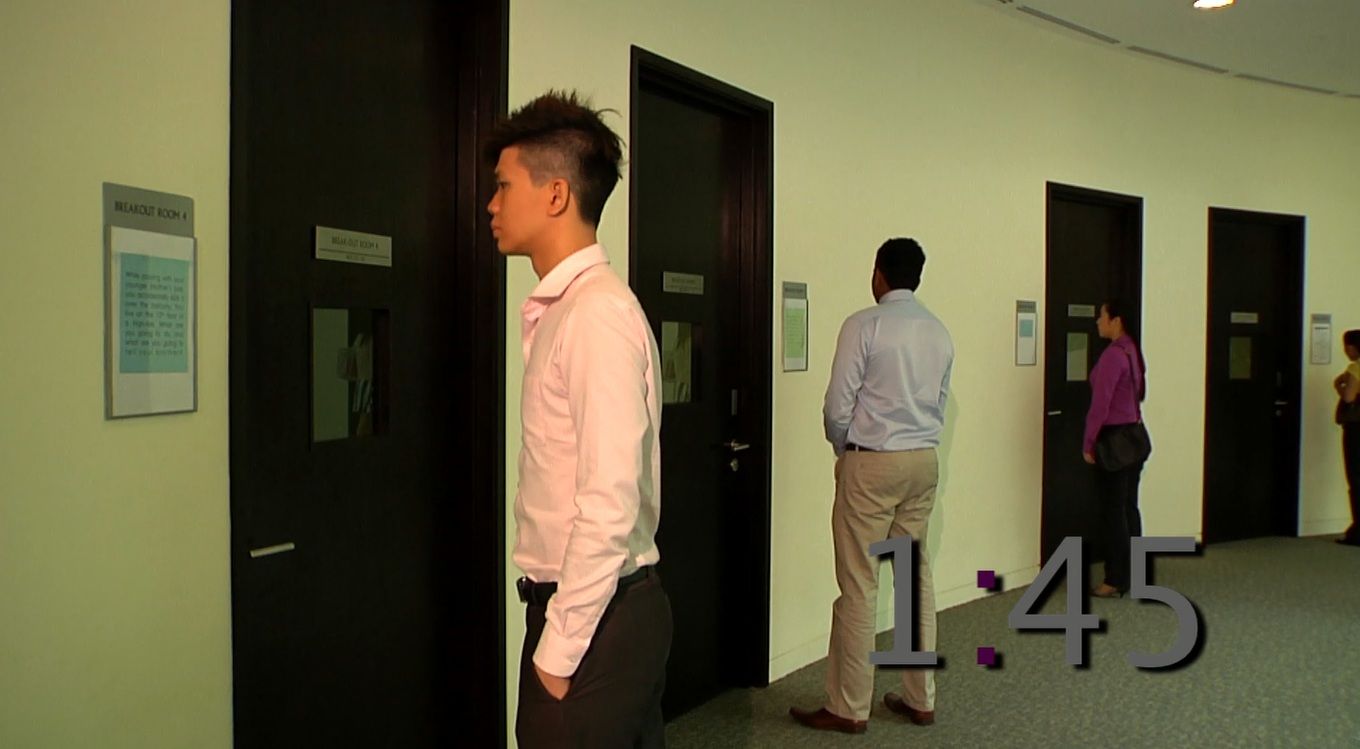Preparing for Medical Interviews.
Structured panel, semi-structured interviews, and MMI
Posted: May 02, 2017
Preparing for Medical Interviews
So you’ve made it past the first round. You’ve gotten through the dreaded UCAT, and as September comes and goes, you get an amazing result. A few months later, the email you’ve been waiting for arrives in your inbox. You’ve got an interview – maybe even multiple interviews – for a spot in a medical course. It could be in your home city or even interstate, at your first preference or a university you barely even considered. No matter where it is, however, every undergraduate medical course in Australia will require you to sit through one of these face-to-face sessions. You’ll need to be prepared.
Why prepare for the medical interview?
Preparing for your interview is no less important than studying for your end of year exams, or practising for the UCAT – in some cases, it may even be more important. Most universities apportion one-third of their admissions value to your interview performance, with some even ranking the interview as half of their entire admissions procedure. Moreover, the interview retains an element of subjectivity, regardless of the best attempts by universities to minimise this factor. This means that your interview is not only extremely important, it’s also highly subjective and unpredictable, especially if you are someone who doesn’t handle interview situations well. You will be required to think under pressure in ways that written examinations can’t test, and confronted with questions and scenarios that you may never have even thought about before. If you want to make a good impression and separate yourself from your peers, it’s imperative that you be familiar with the types of challenges you’re going to encounter.
What do the medical interviews test?
There are two major types of interviews employed by undergraduate medical schools in Australia: the standard interview (structured or semi-structured interview), and the Multiple Mini Interview (MMI). While the two formats are noticeably different, they both test for the same basic attributes that universities are looking for: empathy, critical reasoning, the ability to be non-judgmental and maturity. While these are attributes that you already possess, that does not necessarily mean you’ll be able to convey them in a high-pressure situation. Depending on where you receive your offers, you may need to prepare for each of them.
The ‘Standard’ Interview - structured or semi-structured interview
The standard interview is still used by UNSW, yet is becoming less and less common as universities try to standardise the interview process. This format is exactly what you might expect: two members of the university, seated across a table from you, asking you questions about yourself. The sessions usually anywhere from 30-50 minutes (a longer session does not necessarily mean that you’ve done ‘better’ or ‘worse’), and take place in one room. The standard interview is unique in that you get a chance to build rapport with your interviewers, and really let your personality come through. Common questions include:
• Why do you want to study medicine?
• What are your greatest strengths/weaknesses?
• Who were your favourite teachers at school and why?
• What were your favourite subjects at school and why?
• How have you dealt with challenges in the past?
• Describe a situation in which you worked in a team and/or showed leadership?
• What do you do to relax?
• How might your parents/friends describe you?
If you expect to sit a standard interview, having prepared answers to each of these questions will be a significant advantage. This does not mean that you should memorise answers word for word – it’s crucial that you be natural and authentic in your responses (nothing is more obvious than someone who is reciting a paragraph from memory). Rather, go over these topics a few times with someone close to you – write out answers and think about how you’d answer the questions on the spot. Genuinely ask yourself each of these things, and think about them until you are confident in what you believe.
The MMI - Multiple Mini Interview
The MMI is completely different to the standard interview, despite the fact that it essentially evaluates for the same basic attributes described earlier. In the MMI format, you will sit eight separate interview stations in eight different rooms. Each station will involve two minutes of reading time (you will read a scenario taped to the door on the outside of the room), after which a bell will be rung, and you will enter the room, having eight minutes to answer four to five predetermined questions. When the eight minutes concludes, the bell rings again, and your two minutes reading time for the next station begins (you exit the room and proceed to the next door). Common scenarios include:
- Challenges to rural health
- Challenges to indigenous health
- Situations with familial or friendship disputes
- Situations that assess your ability to work in teams and act as a leader
There are a number of aspects that make the MMI very amenable to preparation. Learning how to manage time, judge how long you’ve been speaking, and remain calm and composed is essential. The MMI is also far more objective (everyone answers the same questions), so there is less opportunity for you to establish rapport. It is helpful to do some basic reading into the current challenges to rural healthcare and indigenous healthcare, as it is highly likely you will have at least one station on either of these topics.
Beyond this, the best way to prepare for the MMI is to run through timed practice stations, with real scenarios and interviewers. The value of this cannot be overstated – it is much harder to ‘wing’ an MMI than a standard interview, and it is much more likely that you may be lost for words under this format. It is also critical that you manage your verbal delivery: how fast you speak, noticing when you repeat yourself, avoiding ‘umming’ and ‘ahhing’ and remaining calm and composed in your responses.
With the right preparation, the interview is a fantastic opportunity to make a lasting impression and differentiate yourself from your peers. It is also the aspect of admissions that people are least prepared for, which gives you a huge advantage if you know what to expect on the day.


